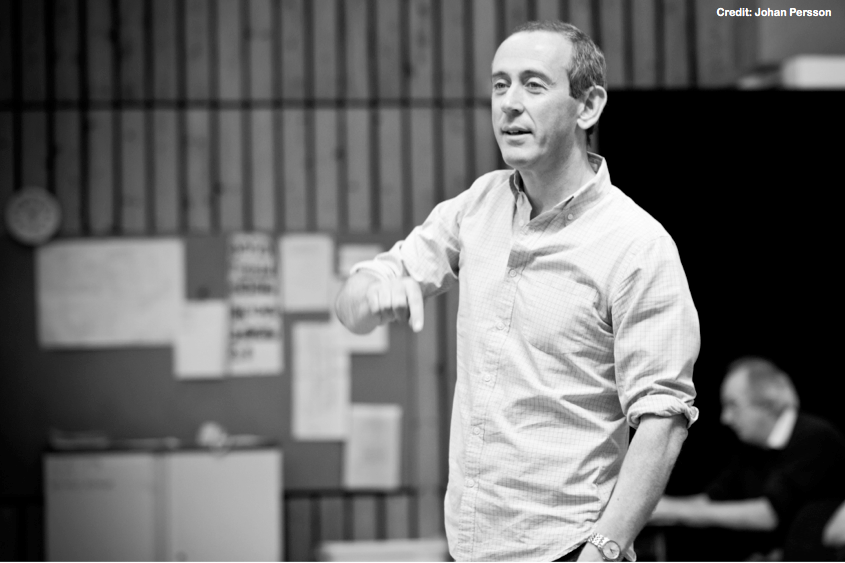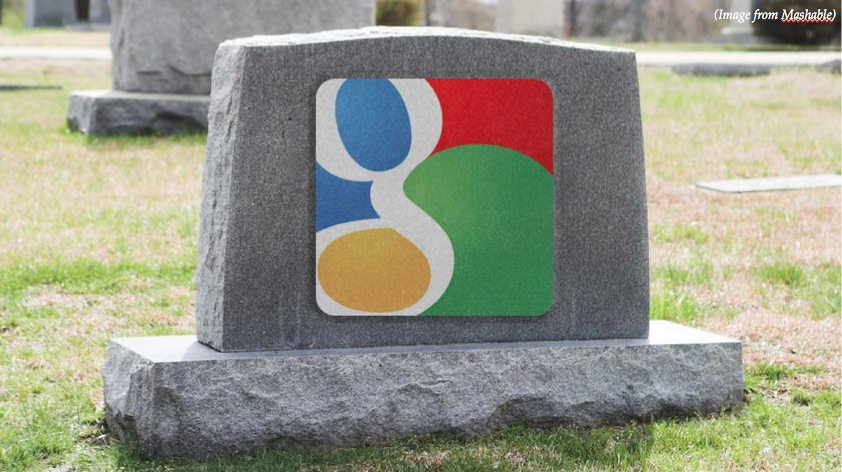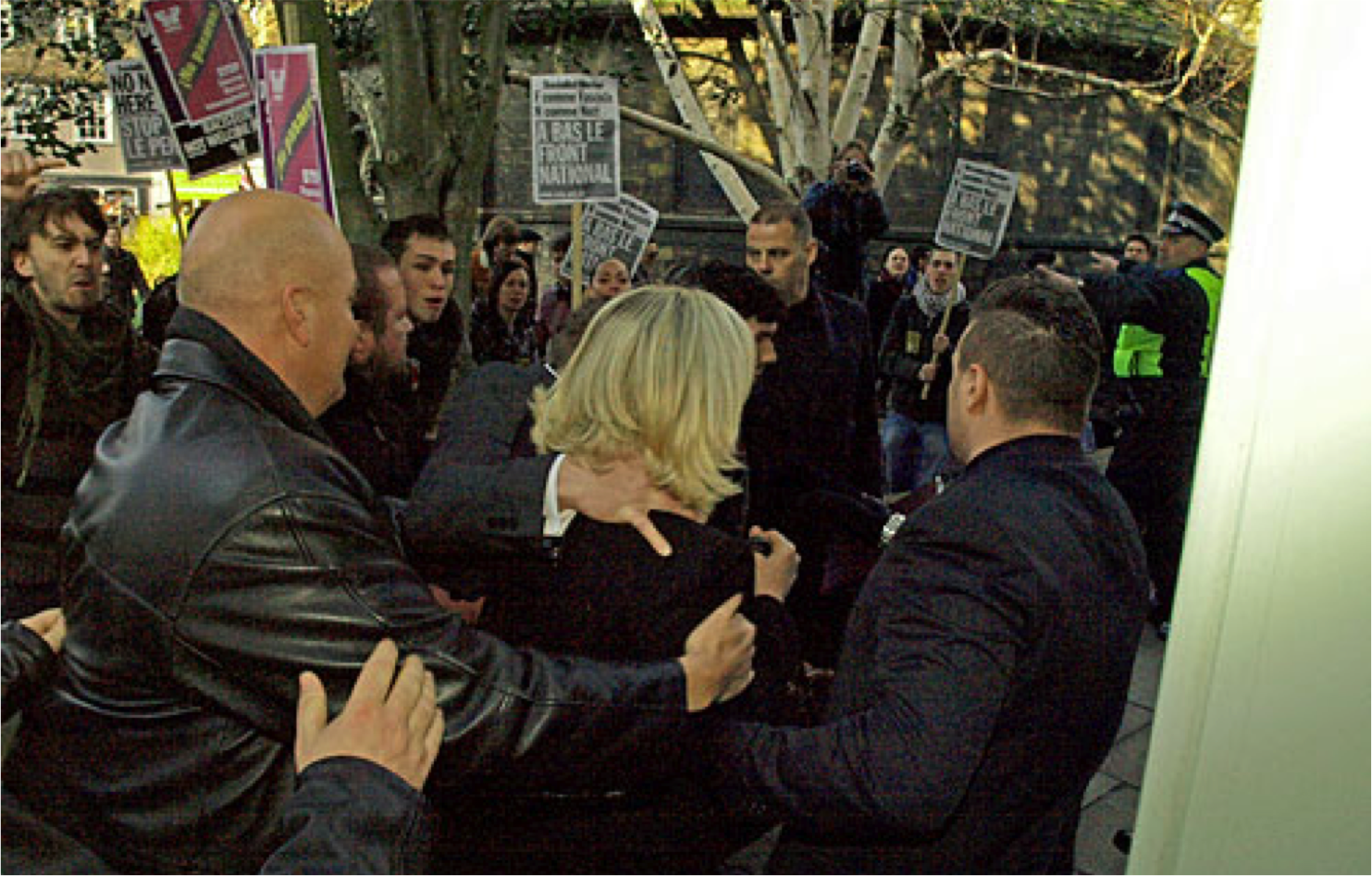It’s a good job Forrest Reid didn’t write to be famous. Almost seventy years after his death, his novels gather dust in libraries: unthumbed and unadmired. Highly thought of by friends like E.M. Forster and Walter de la Mare during his lifetime, the Ulster writer has since fallen into obscurity. Until now, that is.
Few of his works are more poignant than his 1934 novel, Brian Westby, which was republished by Valancourt Books at the end of last year. Despite Reid’s best protestations that “[a]ll the characters and incidents in this novel are imaginary”, it’s hard to avoid its semi-autobiographical resonances.
Modelled on the relationship Reid fostered with his young protégé Stephen Gilbert, Brian Westby records the chance encounter between novelist Martin Linton and the son his ex-wife has successfully hidden from him for the best part of two decades. So pervasive was Gilbert’s influence that Reid gave him the final say on what was ultimately included in the work: “Remember,” he goes so far as to write in a letter, “if you don’t like the thing I won’t go on with it.” Fortunately for us, he did.
Linton arrives at Ballycastle to recover from illness, and a creative malaise that has left him lacklustre and depressed. “Happiness is only made by affection”, he says, having realised only too late that “[n]othing else in the long run matters.” But on a seaside stroll, he runs into Brian, a teenager who happens to be reading the very first novel Linton wrote. The pair are involuntarily drawn to one another–Reid’s “technical trick” of alternating perspectives proves an ingenious way of exploring their shared fondness.
As strong and tender as their attachment may be, father and son remain tragically unaware of their true relationship. Meanwhile, Linton helps the youngster to hone his literary talents: “Art isn’t just life in the raw”, he tells the boy, expounding the virtues of imaginative integrity, “it is a selection from life: it is a vision:–life seen through a temperament, as Zola said.” The novelist’s inspiration is refreshed as Brian’s affection is cultivated.
Soon enough, though, reality bites. After Brian reveals that his real surname is Linton, not Westby, his mentor recognises a new obstacle: the boy’s mother, Stella, who considers her ex-husband to be a pernicious influence. When she discovers the identity of the stranger Brian has been seeing so frequently, she demands that Linton cut off all contact with the boy. In the novel’s touching final movements, Brian must take sides and learn to live with the consequences.
Youth is Forrest Reid’s particular concern, and his appeal is therefore limited–landscapes and dreamscapes feature regularly in his prose, and the natural world is one in which he thrives. Indeed, most of his sixteen novels wrestle with a single vision, a vision of “a country whose image was stamped upon our soul before we opened our eyes on earth.”
Early in Reid’s career, Forster correctly explained that his friend’s work concentrated on “a point which, when rightly focussed, may perhaps make all the surrounding landscape intelligible.” To strive after a vision such as his, is–as Reid wrote of W.B. Yeats–to throw one’s net among the stars. Brian Westby is one of the handfuls of stardust he was able to catch on the way down.



